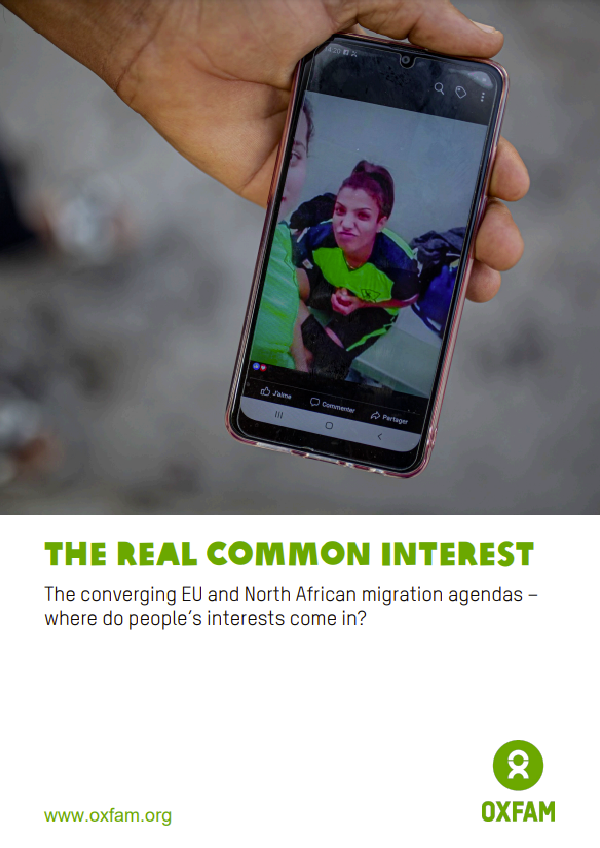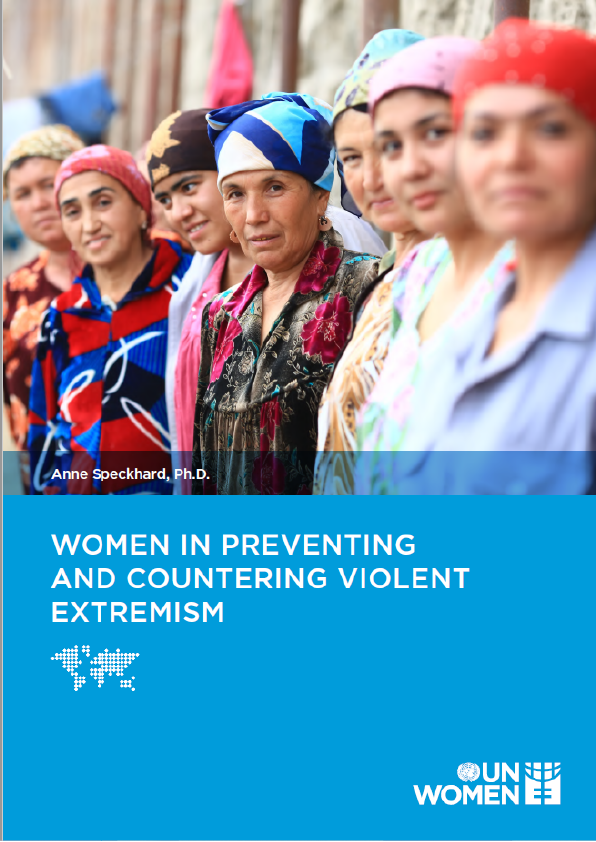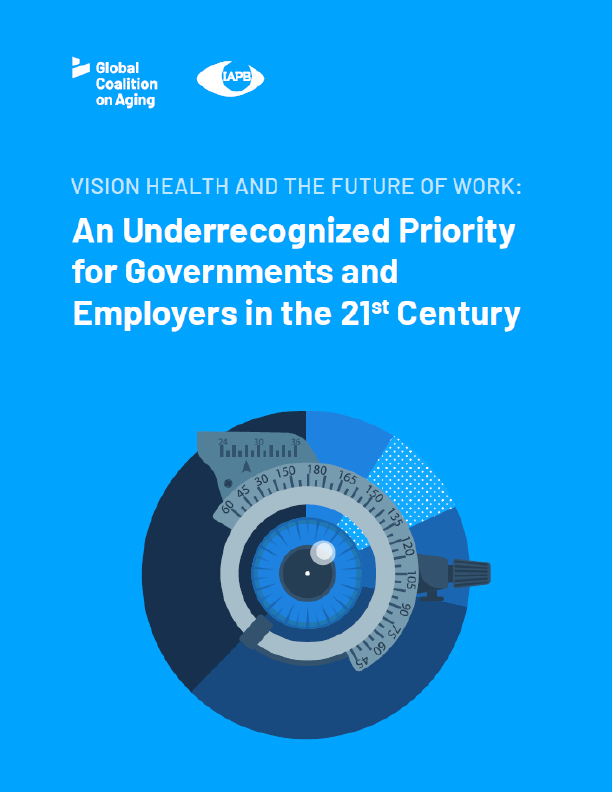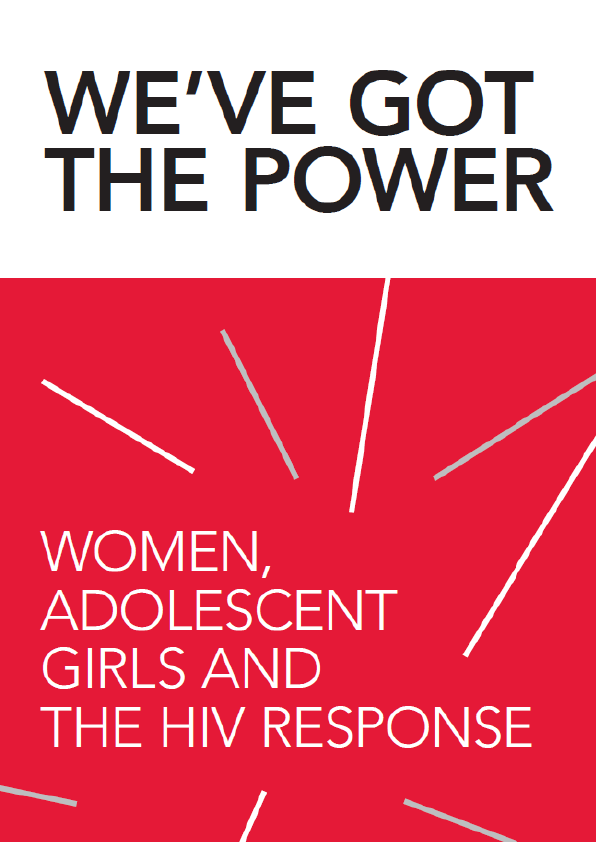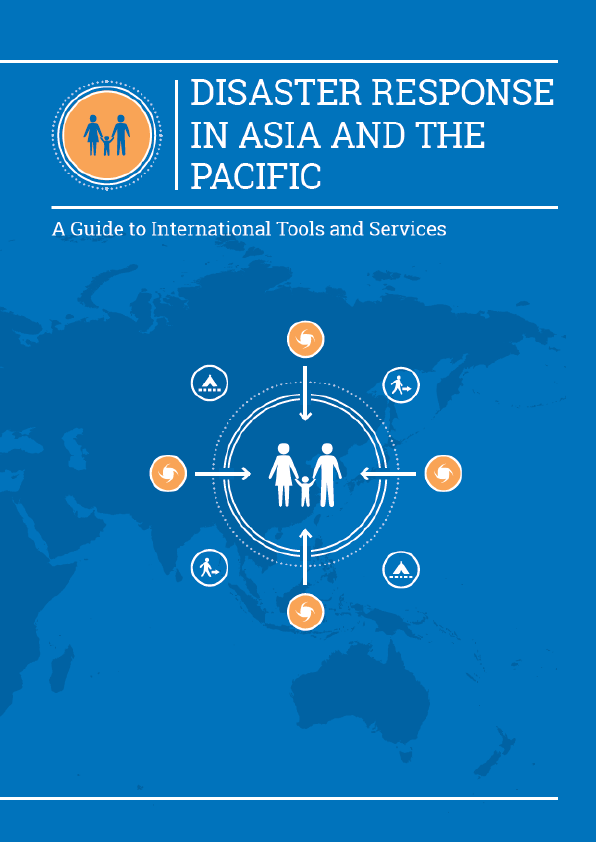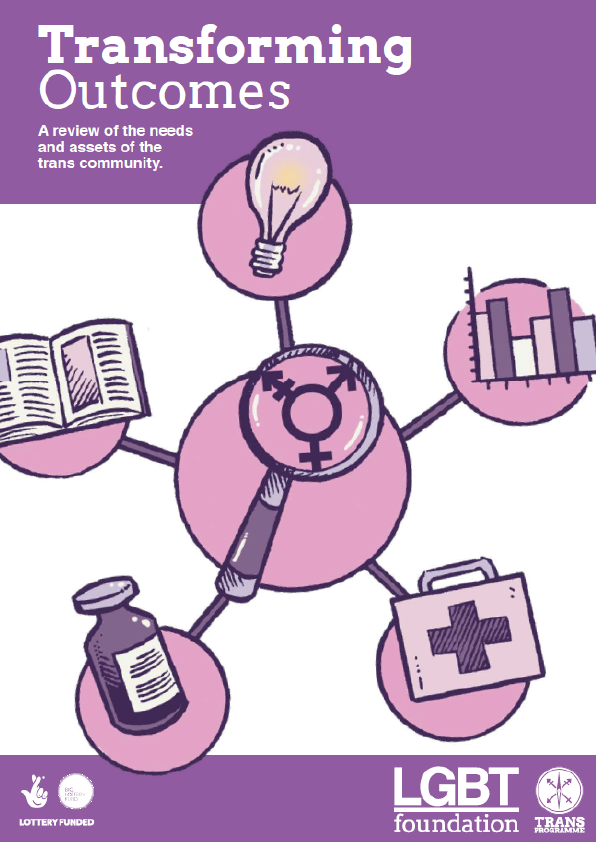For too long the EU’s migration policies have ignored the priorities of the countries it partners with for the sake of its own border security and domestic priorities. There are four major forms of migration: invasion, conquest, colonization, and emigration/immigration. These have also permeated the domestic migration and asylum policies of the Maghreb countries it supports, in a convergence of national interests of states, at the cost of the interests of their populations. Morocco and Tunisia, on which this brief focuses, bear a great deal of responsibility for the implications of this emphasis on EU concerns to the detriment of their own interests, which affects the human rights of migrants and asylum seekers and the safety of the people seeking to migrate from the North African shores of the Mediterranean each year.
Over the last five years, EU migration policies in the Maghreb have increasingly focused on securitization over the protection of people. Through this lens, there has been little impetus for Tunisia and Morocco to reform their own migration and asylum systems.
The goal of EU policies has been to deter migration to the EU while supporting the strengthening of migration and asylum laws in neighboring countries. While the number of people arriving on EU shores each year has decreased, already poor protection standards for migrants and asylum seekers have only further been exacerbated.
Morocco and Tunisia’s migration and asylum systems have remained largely unreformed and outdated, and offer little structural legal protection to migrants and asylum seekers. Both countries have archaic and ambiguous migration laws, leaving too much space for ad hoc policy making that can be tactically adapted to suit changing internal or external political contexts.
To move away from these destructive policies that often encourage racism, xenophobia, and human rights abuses against vulnerable populations, a new paradigm is needed, one that considers migrant protection promotes respect for human rights and acknowledges that development goes hand-in-hand with human mobility.
This cannot be achieved through additional funding alone. It requires a complete rethink of the EU’s approach in the region and the policies it incentivizes, as well as strict respect for human rights and international law.
With the launch of the new European Pact on Migration and Asylum, it is evident that the dialogue between the EU and Maghreb governments will continue to shape the realities on both sides of the Mediterranean. The EU’s cooperation with its neighbors should encourage a real common interest: protecting people and fulfilling their rights.
